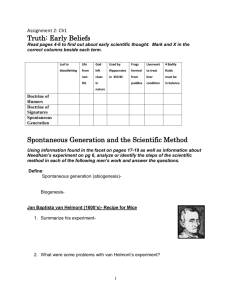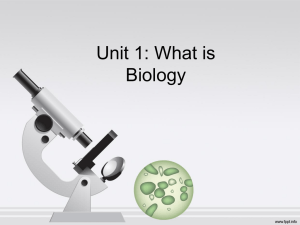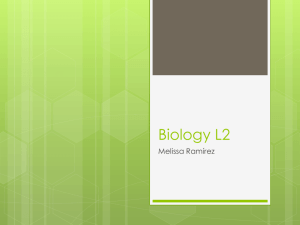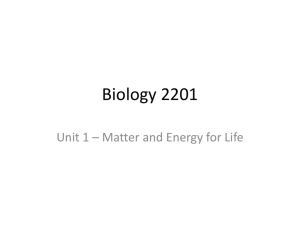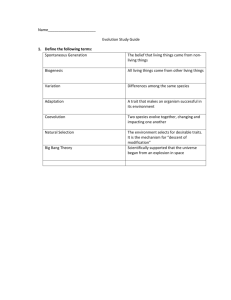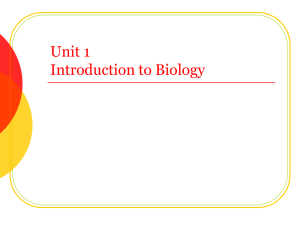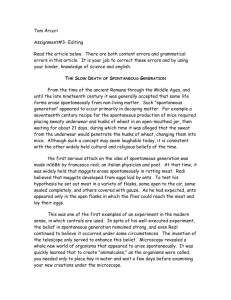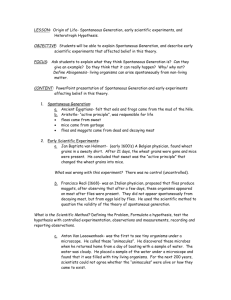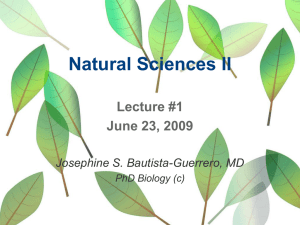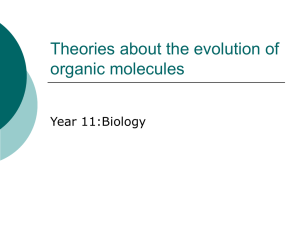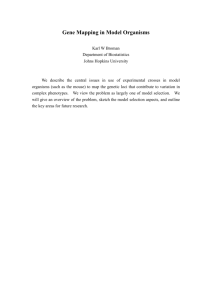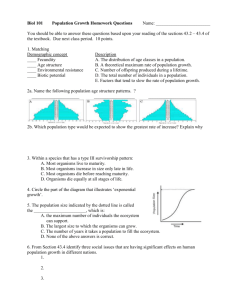Biology 2201 – Unit 1 Worksheet Chapter 1 – Early Scientists
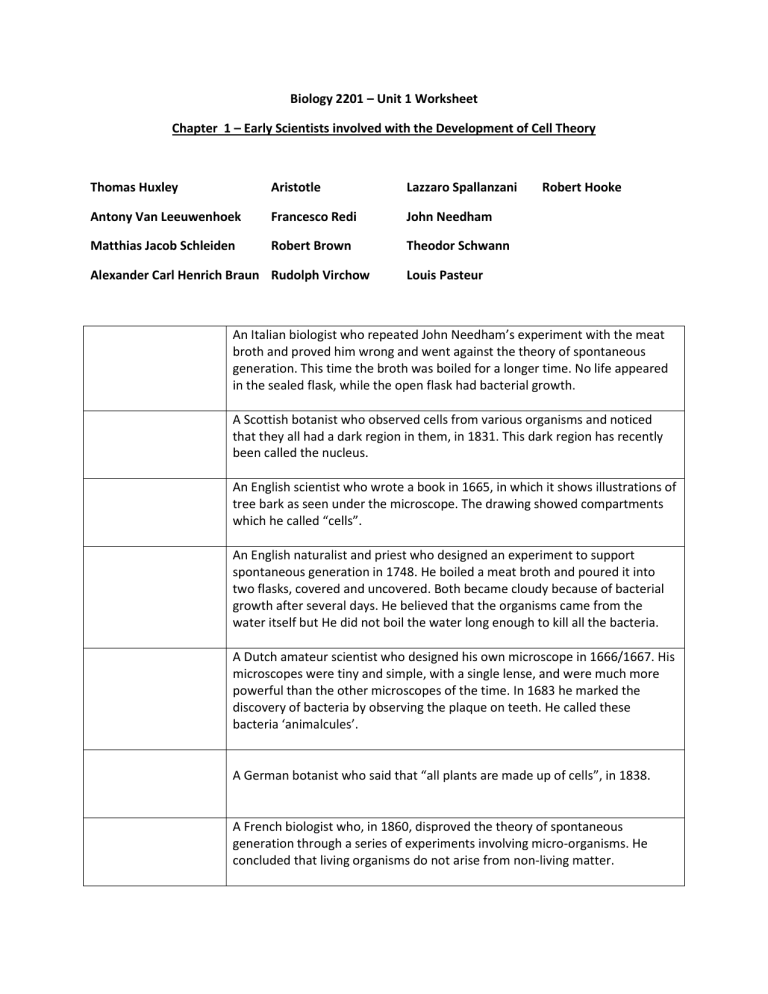
Biology 2201 – Unit 1 Worksheet
Chapter 1 – Early Scientists involved with the Development of Cell Theory
Thomas Huxley Aristotle
Antony Van Leeuwenhoek Francesco Redi
Matthias Jacob Schleiden Robert Brown
Alexander Carl Henrich Braun Rudolph Virchow
Lazzaro Spallanzani
John Needham
Louis Pasteur
Theodor Schwann
Robert Hooke
An Italian biologist who repeated John Needham’s experiment with the meat broth and proved him wrong and went against the theory of spontaneous generation. This time the broth was boiled for a longer time. No life appeared in the sealed flask, while the open flask had bacterial growth.
A Scottish botanist who observed cells from various organisms and noticed that they all had a dark region in them, in 1831. This dark region has recently been called the nucleus.
An English scientist who wrote a book in 1665, in which it shows illustrations of tree bark as seen under the microscope. The drawing showed compartments which he called “cells”.
An English naturalist and priest who designed an experiment to support spontaneous generation in 1748. He boiled a meat broth and poured it into two flasks, covered and uncovered. Both became cloudy because of bacterial growth after several days. He believed that the organisms came from the water itself but He did not boil the water long enough to kill all the bacteria.
A Dutch amateur scientist who designed his own microscope in 1666/1667. His microscopes were tiny and simple, with a single lense, and were much more powerful than the other microscopes of the time. In 1683 he marked the discovery of bacteria by observing the plaque on teeth. He called these bacteria ‘animalcules’.
A German botanist who said that “all plants are made up of cells”, in 1838.
A French biologist who, in 1860, disproved the theory of spontaneous generation through a series of experiments involving micro-organisms. He concluded that living organisms do not arise from non-living matter.
A German physiologist who wrote that “cells are the last link in a great chain
[that forms] tissues, organs, systems and individuals… where cells exist there must have been pre-existing cells…”, in 1858.
A Greek philosopher who classified all living things into two kingdoms: plants and animals, in 334 B.C.E. He also believed in spontaneous generation.
A German botanist who stated that “the cell is the basic unit of life”, in 1845.
An Italian scientist who conducts one of the first controlled biological experiments in 1668. He demonstrated that maggots do not appear on meat if flies cannot land on it. People began to doubt spontaneous generation.
A German physiologist who wrote that “all animals are made up of cells” and then added that “cells are organisms, and animals and plants are collectives of these organisms”, in 1839.
